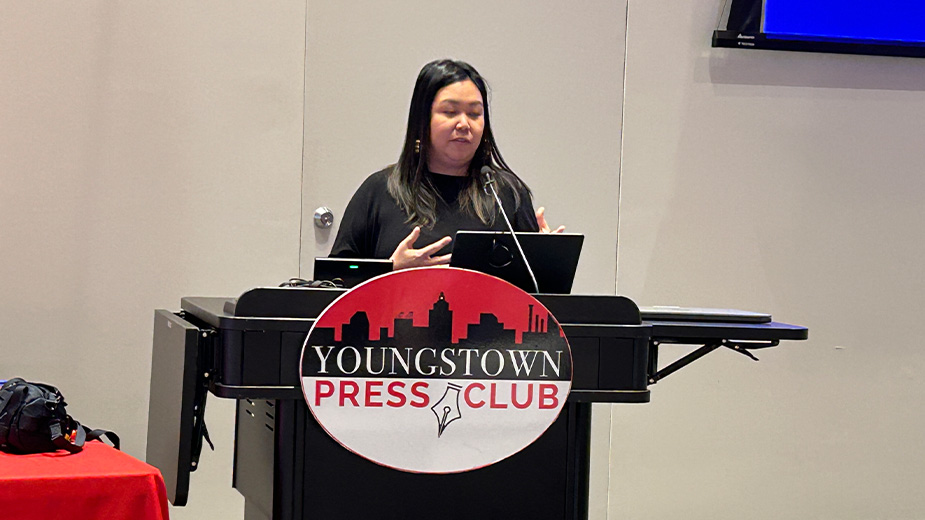Ohio Craft Brewers Seek Change in Distribution Contracts Law
COLUMBUS, Ohio – The Ohio Craft Brewers Association has mounted an effort to change a state law that it says is not only outdated but hampers industry growth.
In a news release, the OCBA said a 1974 law regulating franchise agreements often locks the state’s roughly 400 small brewers into unbreakable contracts with the distributors that bring their products to bars and stores.
“A lot has changed since 1974, especially the Ohio craft brewing industry,” the release states. The state’s craft brewers are “forced to comply” with the Ohio Alcoholic Beverages Franchise Act, which was originally designed to check the power of large corporations “but now is used to lock small brewers into unfair, unbreakable contracts with wholesalers,” the release states.
“This allows wholesalers to take advantage of small brewers they have trapped in a contract and can prevent consumer access to the newest, freshest and best local product.”
The craft brewers association wants lawmakers to make small craft brewers exempt from the 1974 franchise law.
“Wholesalers and small brewers should be free to negotiate and agree to fair contracts that benefit both industries instead of defaulting to an antiquated law that shackles small and growing Ohio businesses,” the OCBA states. “Common sense reform will leave the original franchise law to act as it was initially intended: to keep large corporations from taking advantage of small businesses.”
Under current Ohio law, craft brewers have no negotiating power, no recourse and no way out of these unfair contracts, according to Mary MacDonald, executive director of the OCBA.
“We want Ohio to be a place where small business owners see opportunity, but a law enacted before the craft brewing industry existed is stifling our brewers’ growth and potential,” she said.
Penguin City Brewing Co. of Youngstown is the Mahoning Valley’s largest beermaker and distributes its products to at least 400 bars and restaurants in Ohio and Pennsylvania. It entered into a contract this year with Heidelberg Distributing of Dayton.
While Penguin City is pleased with its distributor, co-owner Aspasia Lyras-Bernacki said she knows of other craft brewers who are not. She understands the need to update the law.
Co-owner Richard Bernacki pointed out that the law was enacted well before the craft beer boom and made sense at the time because there were only a handful of massive beermakers then that distributed their product in Ohio. The 1974 law, he said, was designed to protect distributors, who would suffer financially if they were arbitrarily dropped by one of the major national brewers.
In today’s vastly different beer landscape, the distributor would have the upper hand in a dispute with a craft brewer, he said.
In any event, Lyras-Bernacki said it is important for a craft brewer to continue to manage its own sales and marketing after it enters into a distribution deal. It is the job of the brewer to maintain and grow its customer base, and not the distributor, she said.
Penguin City produces approximately 5,000 barrels per year.
Alan Szuter, owner of Wolf’s Ridge Brewing in Columbus, said changing the law “isn’t just about helping me as a business owner. It’s about ensuring that Ohio’s craft beer drinkers have the chance to enjoy everything our industry has to offer.”
Modernization of the current, antiquated franchise law would not only give craft brewers the ability to make decisions for their own businesses, but it would result in greater access to higher quality products for consumers, the OCBA states.
Pictured at top: Aspasia Lyras-Bernacki, co-owner of Penguin City Brewing in Youngstown.
Copyright 2024 The Business Journal, Youngstown, Ohio.



